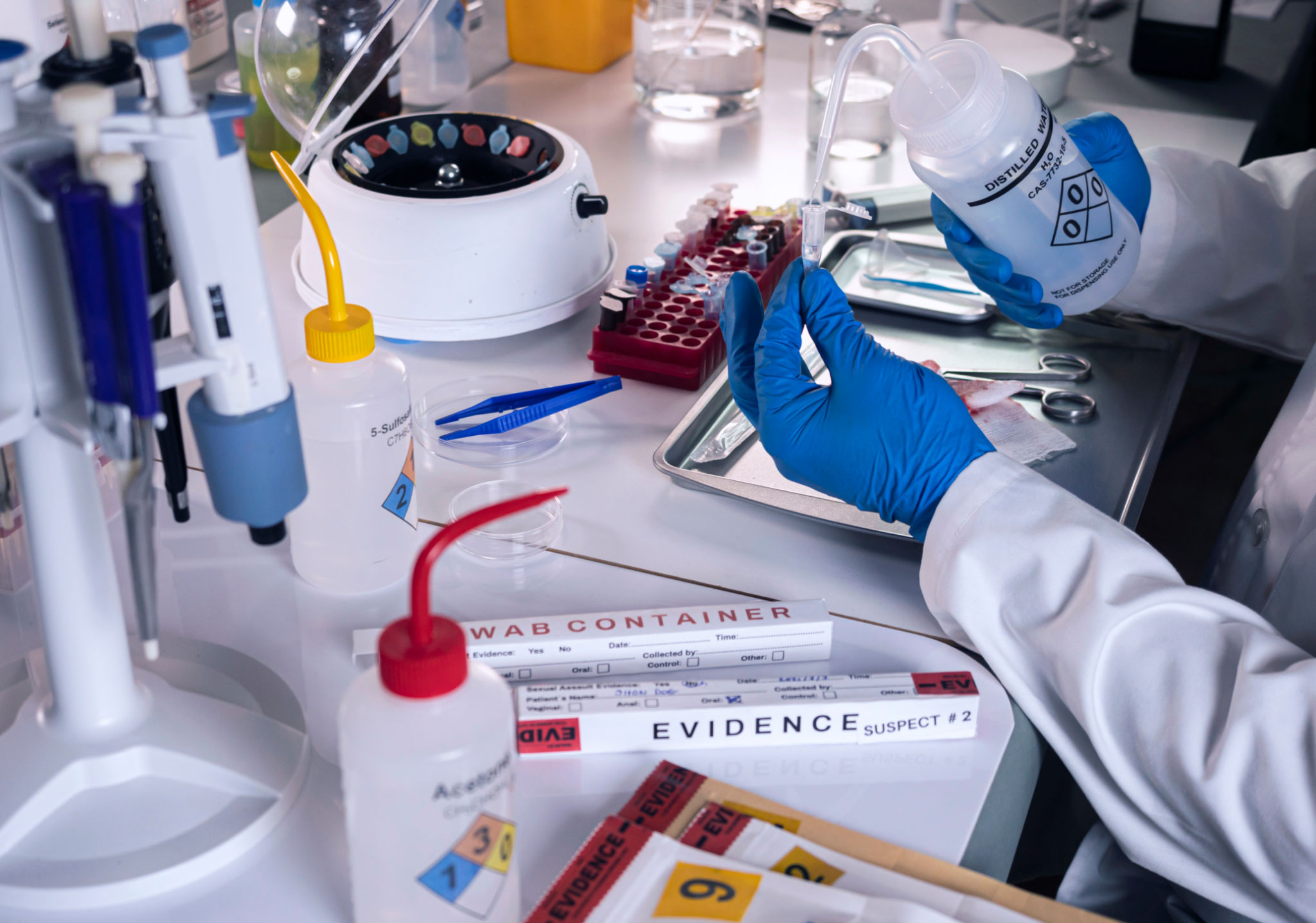Forensic DNA Testing: Solving Mysteries and Legal Cases
The Evolution of Forensic DNA Testing
Forensic DNA testing has revolutionized the field of criminal justice by providing a powerful tool for solving mysteries and legal cases. Since its introduction in the mid-1980s, DNA analysis has become a cornerstone in forensic science, offering unparalleled accuracy in identifying individuals involved in criminal activities. The ability to analyze genetic material found at crime scenes has transformed how investigations are conducted, leading to breakthroughs in many cold cases.

The Science Behind DNA Testing
At the core of forensic DNA testing is the analysis of specific regions of DNA that vary greatly between individuals. These regions, known as short tandem repeats (STRs), are highly polymorphic, making them ideal for distinguishing one person from another. The process involves collecting samples, extracting DNA, and then amplifying these regions using a technique called Polymerase Chain Reaction (PCR). Finally, the amplified DNA is analyzed to create a unique profile for comparison.
DNA testing can be conducted using various types of samples, including blood, hair, skin cells, and even saliva. This versatility allows forensic scientists to work with a wide range of evidence, increasing the chances of identifying suspects or victims. Furthermore, advancements in technology have made it possible to obtain results from even the smallest and oldest samples.
Applications in Criminal Investigations
One of the most significant applications of forensic DNA testing is in criminal investigations. By comparing DNA profiles from crime scenes with those of known individuals, investigators can either implicate or exonerate suspects with high certainty. This technique has been instrumental in solving numerous high-profile cases, bringing justice to victims and their families.

Moreover, DNA testing has also played a crucial role in exonerating individuals who were wrongfully convicted. Organizations like The Innocence Project have used DNA evidence to overturn convictions, highlighting the importance of accurate scientific methods in the justice system. This not only helps clear innocent individuals but also ensures that the real perpetrators are held accountable.
Challenges and Ethical Considerations
Despite its many benefits, forensic DNA testing is not without challenges. The potential for contamination and human error during sample collection and analysis is a concern that needs to be addressed with strict protocols and quality control measures. Additionally, there are ethical considerations regarding privacy and consent, as the collection and storage of genetic information raise important questions about individual rights.

It is essential for law enforcement agencies and forensic laboratories to adhere to ethical standards and guidelines to ensure that DNA evidence is used responsibly and fairly. Maintaining public trust in these technologies is crucial for their continued effectiveness in solving crimes.
The Future of Forensic DNA Testing
The future of forensic DNA testing looks promising with ongoing advancements in technology. New techniques such as next-generation sequencing (NGS) and rapid DNA analysis are being developed to provide faster and more comprehensive results. These innovations hold the potential to further streamline investigations and reduce backlogs in forensic laboratories.
As these technologies evolve, it is vital for legal systems worldwide to keep pace with scientific developments, ensuring that laws and regulations are updated accordingly. This will help harness the full potential of forensic DNA testing while safeguarding ethical standards.
Conclusion
Forensic DNA testing has undeniably changed the landscape of criminal justice, offering a powerful means to solve mysteries and legal cases. As technology continues to advance, its role in law enforcement will only grow, providing hope for more accurate and efficient crime-solving methods. By addressing challenges and upholding ethical standards, society can continue to benefit from this invaluable tool in the pursuit of justice.